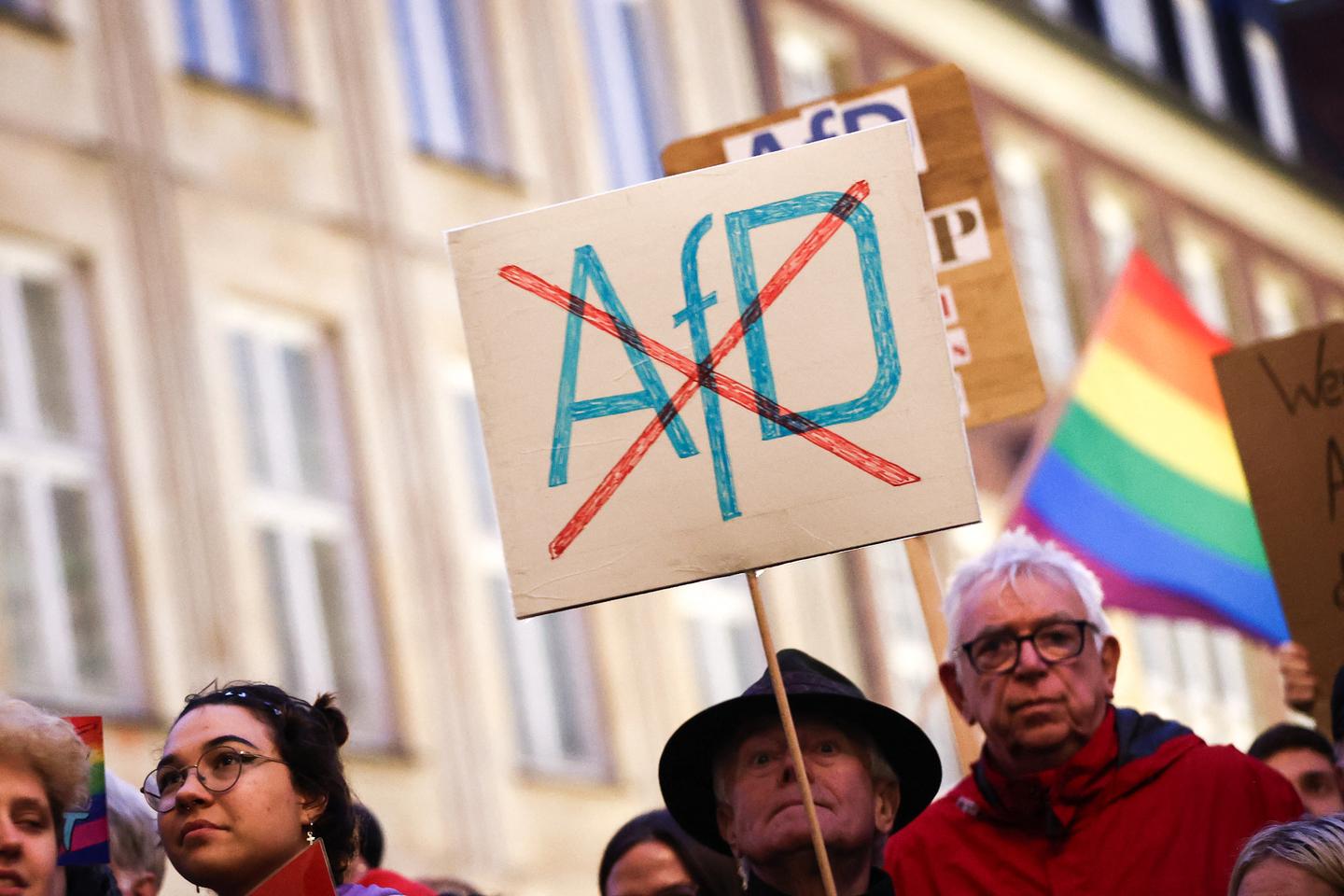Céline Belot is a French National Centre for Scientific Research (CNRS) researcher with the PACTE social sciences laboratory who teaches political science at Sciences Po Grenoble. She is particularly interested in how citizens form their political judgment on European issues. In the run-up to the European elections in France on June 9, she spoke to Le Monde about the far-right vote among young people, which is on the rise in many European countries.
What do the European elections mean to young people?
First of all, these elections are very little known, and not only among young people. The voting system is a little different from that used at the national level: Even those who are used to voting sometimes ask when the second round will be held, for example, despite this making no sense in the context of a closed-list proportional voting system, such as that used for European elections in France.
The European elections are also distant ones: People do not always know who they are voting for and, generally speaking, citizens know little about the role of the European Parliament. This is especially true of young people.
As a result of this lack of knowledge, abstention rates for European elections are often high. This has been the case since the first direct elections to the European Parliament in 1979. From the outset, these elections resulted in disappointment for those who saw them as a way of involving citizens in the life of the European community and giving greater power to the EU Parliament.
In France, polls highlight Jordan Bardella’s, the president and lead candidate of the Rassemblement National (RN, far-right) party, appeal for young people. Is the rise of the far-right vote among this demographic a common phenomenon among EU countries?
I would like to reverse the way people think about this trend. The Identity and Democracy group, of which RN is a member, currently has 59 members. According to projections, it could easily gain 20 more, and this increase could, in particular, be driven by young people in a number of countries – such as France with the RN, Germany with the Alternative for Germany (AfD, far-right) or Flemish Belgium with Vlaams Belang. This could also be the case in Portugal, where the Chega (far-right) party has already made a historic breakthrough in the March legislative elections.
This trend is set against a backdrop where, in several European countries, for the first time young people will be asked to vote from the age of 16: This is the case in Germany and Belgium. The stakes are high, particularly in Belgium, where voting is compulsory and where this innovation was announced very late [March 21]. If you find out a few weeks before the election that you are being invited to play the role of voter, you do not have much time to think things through.
You have 69.83% of this article left to read. The rest is for subscribers only.

